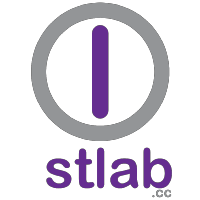Diagnostic Improvements in Visual Studio 2017 15.3.0--Yuriy Solodkyy
Visual Studio 2017 15.3.0 release comes with a number of improvements to the Microsoft Visual C++ compiler’s diagnostics:
Diagnostic Improvements in Visual Studio 2017 15.3.0
by Yuriy Solodkyy
From the article:
Most of these improvements are in response to the diagnostics improvements survey we shared with you at the beginning of the 15.3 development cycle...

 Did you try it?
Did you try it?
